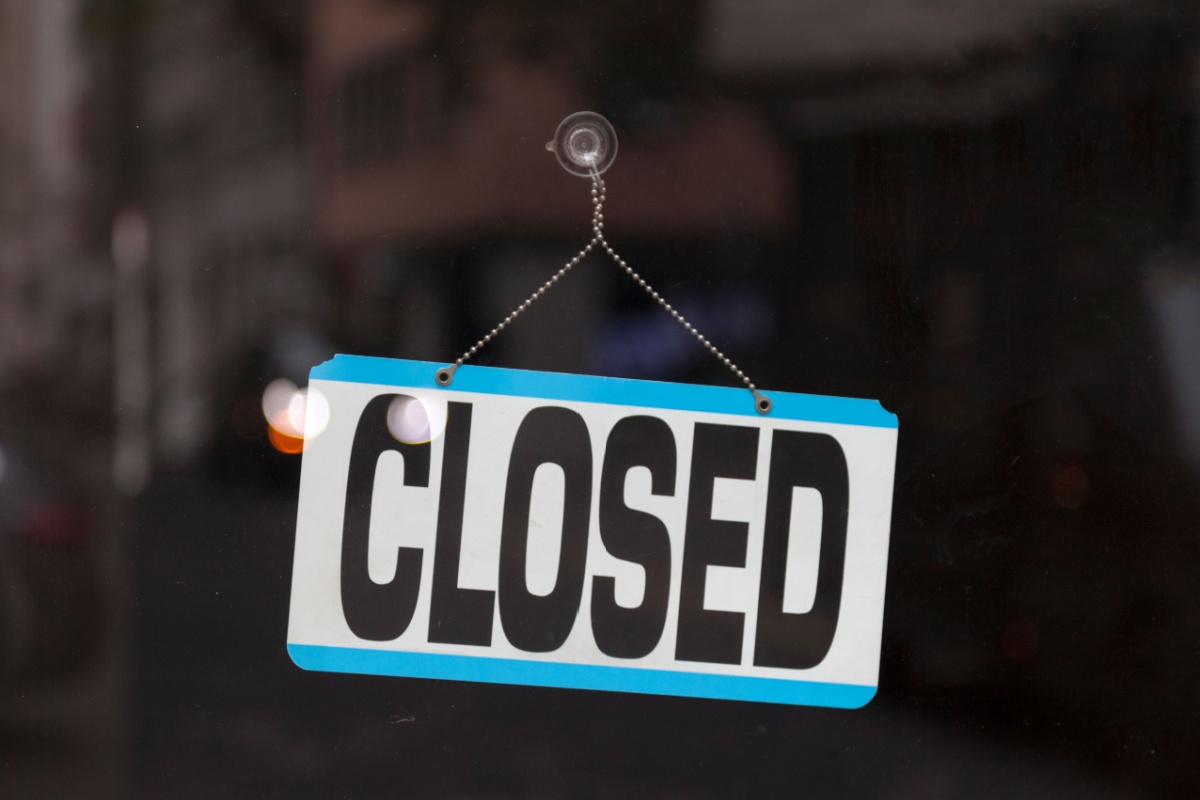
Bodog shuts down offshore operations in Nova Scotia
Caribbean-based operator already restricts access in Quebec
Online casino and sports betting site Bodog is no longer available in Nova Scotia.
The Antigua and Barbuda-based operator had been available as an unlicensed and unregulated operator in the Atlantic province, where the only licensed sports betting and online gaming offerings are delivered by the multi-provincial Atlantic Lottery Corporation (ALC).
An updated note on the FAQs section of its website clarifies that Bodog.eu “accepts players from all across Canada, except for those residing in the province[s] of Quebec and Nova Scotia.” Bodog has been dark in Quebec for several years.
In an email to users in Nova Scotia, Bodog said it will be closing accounts of users based in the province permanently as of Oct. 3. Players have until Oct. 2 to withdraw their balance. Any futures bets that would still have been open after Oct. 2 have been voided and stakes refunded to customers. All other wagers are to be settled on Oct. 2 as well.

Bodog added in its email that “[we] assure you we’ll be monitoring your province for regulatory changes.” Canadian Gaming Business reached out to Bodog for comment but had not heard back at the time of writing.
Both the ALC and Loto-Québec are members of the Canadian Lottery Coalition. One of the coalition’s loudest and most persistent calls has been for a crackdown on unlicensed operators in the member lottery corporations’ jurisdictions.
Bodog still appears to offer its wares across the rest of Canada, including in Ontario, where it has not been licensed by the Alcohol and Gaming Commission of Ontario.
Is there enough clarity?
A spokesperson for the Nova Scotia government’s Gaming Division told Canadian Gaming Business in an email that “many Atlantic Canadians are seeing advertising for and are playing on gambling sites that cannot legally operate or advertise in Atlantic Canada under Canadian and provincial law.”
In a statement from President and CEO Patrick Daigle, the ALC told Canadian Gaming Business that an estimated $200 million leaves the four Atlantic provinces each year through real-money gambling on unregulated websites. “Lack of public awareness of the legalities has lent an air of legitimacy to these operators and misleads the public, so we are encouraged to hear that Bodog will be ceasing illegal operations in Nova Scotia,” added Daigle.
A discussion at June’s Canadian Gaming Summit featuring Canadian Gaming Association President and CEO Paul Burns and research experts from Ipsos concluded that there may remain considerable “confusion” among consumers over the differences between regulated and unregulated gambling offerings and what exactly they are seeing advertised.
A CGA-funded report published last week suggested that regulatory policies around gambling advertising are evolving at a faster rate than relevant evidence and warned the discrepancy could lead to regulations that are wide of the mark.
US states taking firm stance
South of the border in the U.S., it is an issue that has moved more sharply into focus in recent months. Bodog’s Nova Scotia exit comes at a time when several U.S. states are clamping down on unlicensed operators.
Most notably, another offshore operator, Curaçao-based Bovada, has been kicked offline by states including Michigan, Connecticut, Louisiana, Pennsylvania and Kansas in recent months. All told, Bovada has taken itself offline in a total of 13 states and the capital of Washington, D.C.
It’s not clear at this stage whether Bodog has received similar enforcement action from Canadian provinces.